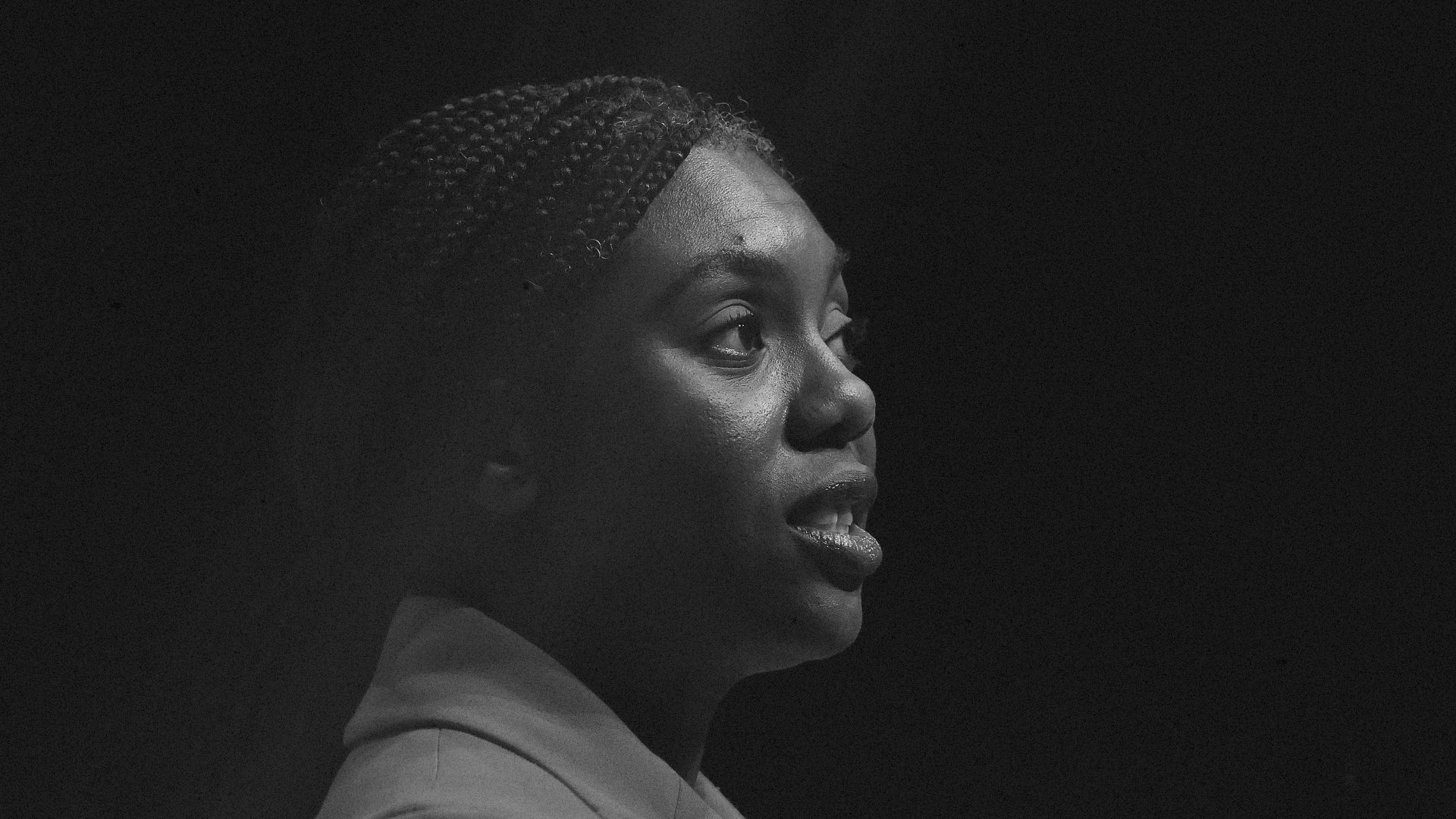In 1939, my father was a newly commissioned officer in the Polish army. He was sent into action when a German nationalist army invaded on 1st September. The Poles fought valiantly but in vain. Under the Tories, Britain had appeased Mussolini whom Churchill praised as the “greatest law-giver in Rome in 2,000 years”.
Tory ministers refused to allow Jewish refugees from Germany or Austria to enter the UK. The Daily Mail urged its readers to join the British Union of Fascists and printed its Kings Road address to encourage enlistment in Oswald Mosley’s xenophobic movement, which spoke of Jews much as some on the far right speak and write of Muslims today.
The Polish army fought valiantly and resisted the German onslaught longer than the French and British generals managed in May 1940. My father led his men from the front – Polish officers were taught to cry “Follow me!” not “”Forward!” He took a bullet in the shoulder.
He went home to his family’s small farm in south east Poland. He buried his hands all day long in pails of mud and filth, so when the Russian army arrived and examined the hands of all males, shooting those with clean manicured fingers but ignoring the peasants and workers with dirt-ingrained flesh and broken nails, he avoided being sent in due course to Katyn, where Russians murdered 22,500 Polish prisoners – officers, civil servants, teachers.
He was ordered to make his way to Romania and then through Switzerland to France where he rejoined the Polish army, but too late to make a difference as Hitler’s tanks swept on and on.
He was evacuated from St Nazaire and ended up with the Polish army, stationed in Scotland. The soldiers were to defend the UK in the case of a Nazi invasion, while the Polish pilots of course won glory in the Battle of Britain. Their technique was to get up much closer to German planes before firing, than the RAF standard. It meant more German planes shot down, but also much greater risk for the Polish pilots.
My father trained hard as a commando, but the effects of his wound meant he could not go into action. He met and married my Scottish-Irish mother in Glasgow and I eventually took her name when I began working for the BBC after Oxford, then president of the National Union of Journalists and eventually an MP and minister for Europe under Tony Blair.
My proudest ministerial moment was when Tony Blair asked me to sit in for him at a European Council when, after decades of German and then Russian occupation, Poland became part of the European Union of free, independent, self-governing democracies.
My father, my mother and I – still a baby – moved to London. Ernest Bevin, then Labour’s foreign secretary, wrote on blue FCO notepaper to all Polish demobilised soldiers urging them to return to communist rule under Poland.
Communist controlled trade unions like the National Union of Mineworkers had refused to work with Polish ex-soldiers, who were sent down the pits to dig the coal necessary to earn export currency for the beleaguered Labour government.
My father, who was good at languages, worked for an import-export firm and he became a British citizen after Special Branch gave him an all clear. He used his new British passport to drive to Poland in 1956 to see his parents, brothers and sister and bring back the crystal glass kitchenware I use to this day. He died in 1958 from kidney failure, exacerbated in part by his wartime injuries.
Under the proposals put forward by the new Tory leader, Kemi Badenoch, to make all foreigners who come to Britain and settle here wait 15 years to get a British passport, my father would not have been eligible for a British passport until two years after his death.
I remember the Daily Telegraph and Sunday Express in the house, so I assume that my father – unlike his son – was a Conservative. I wonder what he would have made of the idea that people who get refuge in Britain for whatever reason, decide to make their life here, should wait 15 years as stateless persons.
Unlike other European countries we refuse to have ID cards, or rigorous workplace inspections, or any proof that a person is legally resident in the UK, thus entitling them to NHS care or schools for children.
We gave up training young people not destined for universities years ago. Although we now block fellow Europeans from working in our midst, the last government brought in 1 million immigrants from Asia and Africa to do the work that native-born white Brits won’t do, as the pay is so low and trade unions no longer exist in most workplaces to help workers.
The present government is continuing that policy, rather than allowing European Union citizens to work in Britain.
I was lucky to be born in Scotland, grow up in London and have been proudly British all my life. I am glad my father became a British citizen and sad that a Conservative Party leader would have denied him that passport in order to appeal to today’s appeasers and xenophobes.
Denis MacShane was a Labour MP for 18 years, and a former minister of Europe











